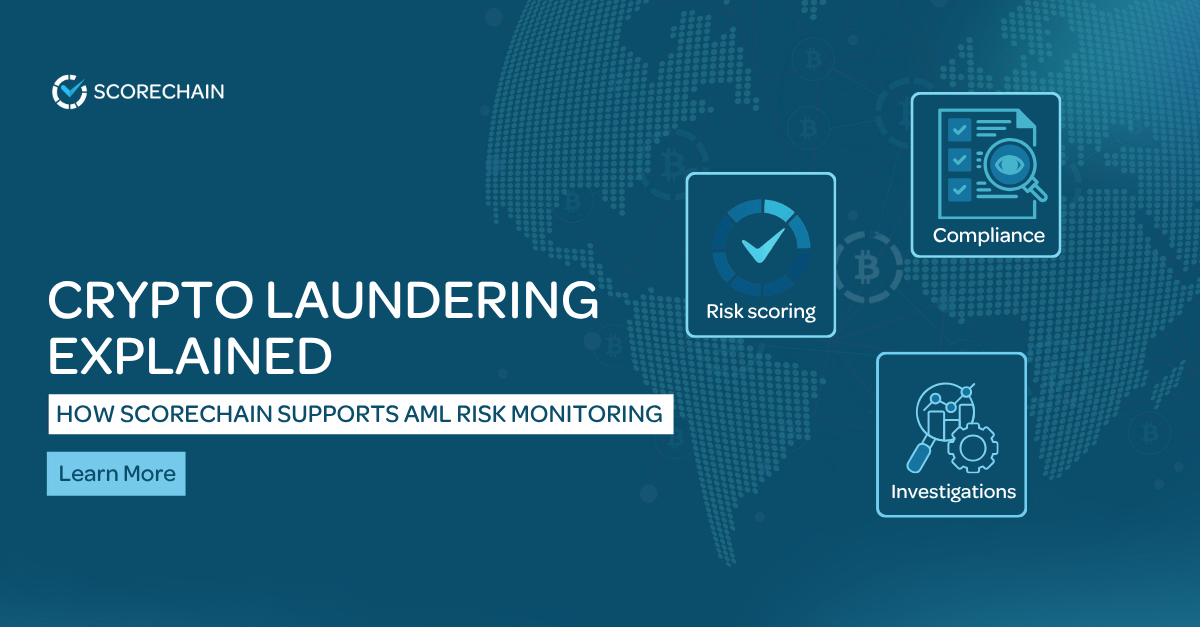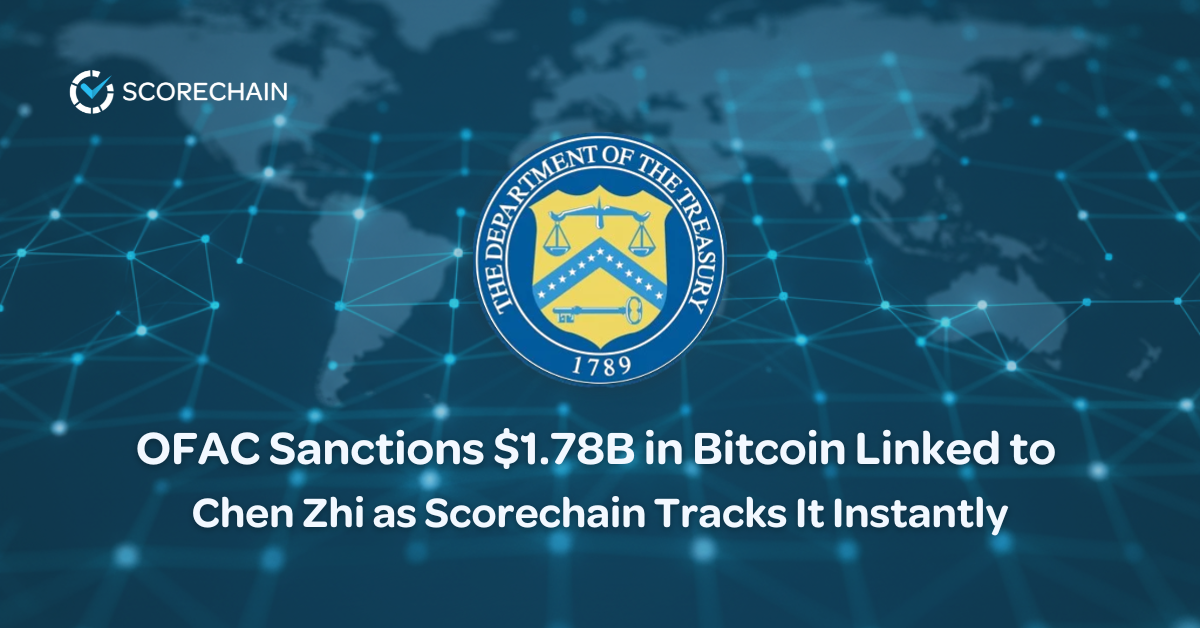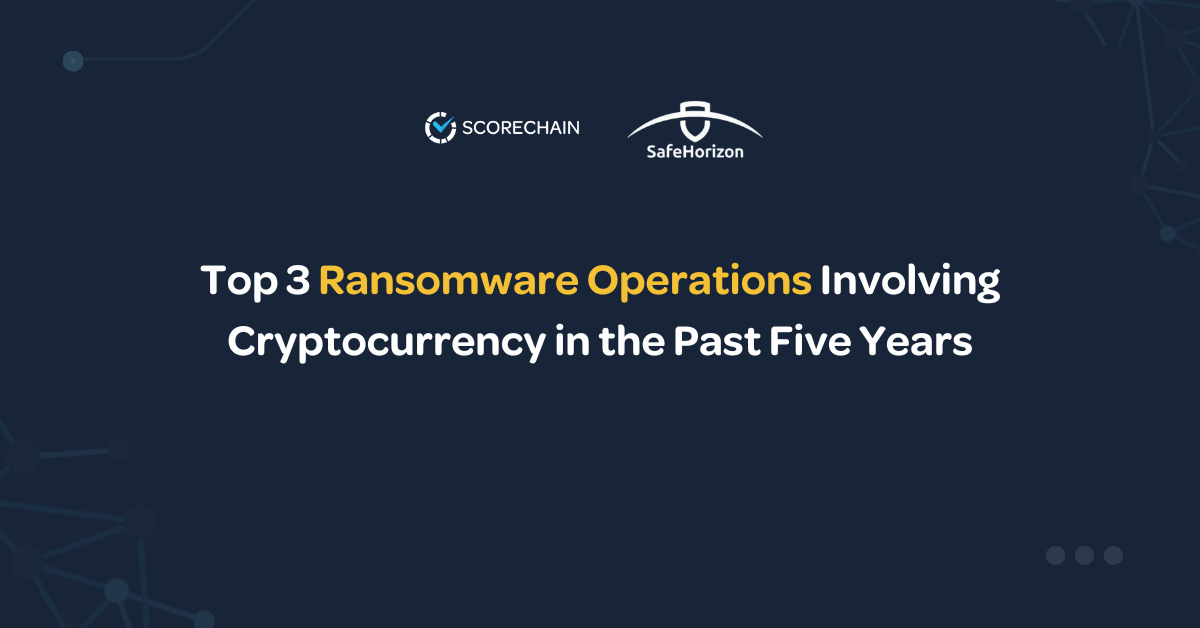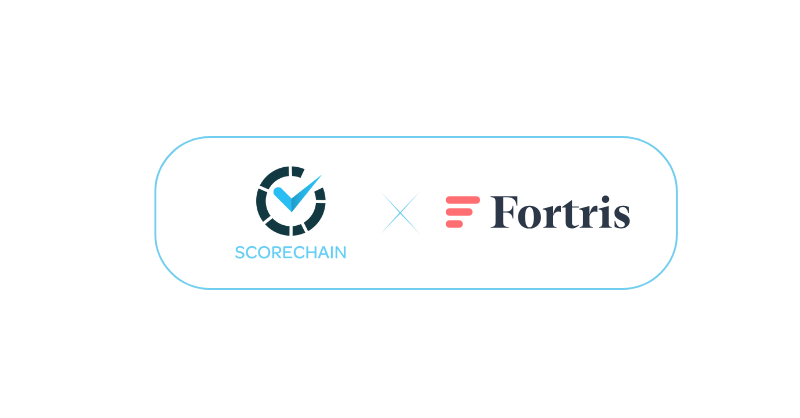The European Union (EU) has put forward the Markets in Crypto Assets Regulation (MiCA), which should be voted on by the European Parliament in 2023. It regulates transparency, disclosure, authorization, and supervision in the crypto market.
MiCA approved by the EU council and ECON in 2022
MiCA was first proposed to the European Commission in September 2020 to create a consistent crypto regulation in the EU. It aims to enforce uniform rules for crypto assets across the 27 member states.
The revised MiCA regulation was then proposed as a temporary draft in June 2022, with changes and improvements in the following weeks. Even though it has not dealt with decentralized finance (DeFi) or non-fungible tokens (NFTs) yet, regulators will likely deal with regulating these sectors in the future.
Following the MiCA vote, in October 2022, the Committee of Permanent Representatives (COREPER) and the European Parliament's Committee on Economic and Monetary Affairs (ECON) approved a provisional agreement on the Transfer of Funds Regulation. They share a common goal of providing compliance standards for crypto assets.
MiCA awaits approval from Parliament in 2023
The European Parliament has delayed the vote on the bill until February 2023. If it receives formal approval from the Council of the EU, the legislation will be published in the EU Official Journal and take effect 20 days later.
However, organizations and firms will have an 18-month transitional period before the regulations outlined in MiCA come into effect. During this period, the European Securities and Markets Authority (ESMA) will establish guidelines for classifying digital assets, which may or may not align with MiCA's specifications.
MiCA in Summary
MiCA is a comprehensive regulation that targets crypto assets, unbacked crypto assets, stablecoins, and crypto asset service providers (such as trading platforms and exchanges).
It aims to protect consumers against risks associated with investing in crypto assets and prevent fraudulent schemes. Today, consumers benefit from limited protection, especially if the transaction occurs outside the EU.
After the enforcement of MiCA, crypto asset service providers (CASPs) will need to comply with strict requirements to protect consumer wallets and be liable if they lose investors' assets. MiCA also covers all marketing violations related to any transaction or service, specifically for market manipulation and insider dealing.
MiCA is one of the legislative proposals developed within the framework of the Digital Finance Package. The Package aims to facilitate the competitiveness and innovation of the EU financial sector by setting global standards and providing consumer protection for modern digital finance and payments.
MiCA may not directly address anti-money laundering (AML) and Combating Financing of Terrorism (CFT). However, the proposal aims to further harmonize EU legislation with FATF's Recommendations by aligning its terminology and scope.
Preparing for EU regulation compliance
Today, many countries in the EU are already overviewing the crypto industry under EU directives. But these regulations are set to change with the arrival of MiCA. Therefore, companies concerned by EU crypto regulations should ensure they are prepared to satisfy the upcoming regulatory requirements.
Scorechain assists companies in this journey, helping them to facilitate the compliance process by implementing strong crypto AML processes, such as:
- Monitoring of crypto transactions against red flags and illicit activities;
- Origin and destination of funds assessment;
- Sanction screening;
- Record-keeping, suspicious activity reporting, and due diligence.

Discover how Scorechain can assist you in your crypto compliance journey. Request a free demo of the tool today.
About Scorechain
Scorechain provides a blockchain analytics and transaction monitoring platform for crypto assets. As a leader in crypto compliance, the Luxembourgish company has helped over 200 customers in 45 countries since 2015, ranging from cryptocurrency businesses to financial institutions with crypto trading, custody branch, digital assets, customers onboarding, audit and law firms, and some LEAs.
Scorechain's platform supports 23 blockchains and over 10,000 crypto assets. It can de-anonymize blockchain data and connect with sanction lists to provide risk scoring on crypto assets, transactions, addresses, and entities. The risk assessment methodology applied by Scorechain has been verified and can be fully customizable to fit all jurisdictions. 300+ risk-AML scenarios are provided to customers with a wide range of risk indicators so businesses under the scope of the crypto regulation can report suspicious activity to authorities with enhanced due diligence.
.png)



















